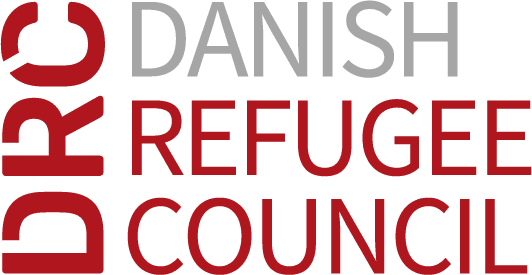

Crisis in the Levant: A region in turmoil, a diaspora in action
The Levant is facing one of its gravest humanitarian and economic crises in decades. Wars spilling over from the October 7, 2023, Hamas attacks on Israel, Syria’s 14-year civil war, and growing hostilities between Israel and Hezbollah have devastated the region — especially Lebanon, Gaza, and Syria.
Rising Needs Across the Region
In Syria, 13 million people — over half the population — were “acutely food insecure” by late 2024, according to the World Food Programme. In Gaza, over 91% of residents face critical shortages of food, water, and fuel. Prolonged droughts and extreme weather have only deepened these challenges.
Lebanon, meanwhile, is reeling from a six-year economic collapse, mass displacement due to conflict, and deepening poverty — with over 70% of the population already in multidimensional poverty before the latest war. The World Bank estimates that the 2024 hostilities caused $8.5 billion in economic losses and displaced 1.3 million people, triggering Lebanon’s largest wave of displacement in decades.
A Critical Role for the Diaspora
Amid these compounding crises, diaspora communities have emerged as vital humanitarian actors. In Lebanon, the diaspora accounts for an estimated 53.8% of GDP (World Bank, 2021) — a lifeline for families through remittances and community support. During the latest escalation, diaspora groups have been on the frontlines of fundraising, information sharing, and emergency aid delivery.
DEMAC’s recent mapping of 126 Lebanese diaspora organizations reveals a surge of new initiatives formed in response to the war, often led by communities in the USA, France, Canada, the UK, Belgium, and Australia. Yet, many of these efforts remain uncoordinated, limiting their full potential.
Our work has shown that diaspora-led support goes beyond remittances. A 2023 study from the DRC Diaspora Programme highlighted how diaspora actors help sustain local livelihoods, including advising and funding small businesses as coping strategies in Lebanon’s ongoing liquidity crisis.


Diasporas' Areas of Intervention

Health

Food Security

Education

Emergency Shelter
DEMAC’s Response
DEMAC is actively supporting diaspora organizations responding to the crises in Lebanon and Gaza by:
-
Mapping diaspora actors and their response capacities
-
Facilitating coordination to reduce fragmentation and increase impact
-
Providing tailored support to diaspora groups responding to multiple crises simultaneously
DEMAC is currently mapping the humanitarian response of the Palestinian, Lebanese and Syrian diasporas amidst the armed conflicts, ceasefire agreement, and political upheavals. This response page will be updated on a rolling basis as we proceed to explore how the Palestinian, Lebanese and Syrian diasporas are mobilizing to support those affected by the crises. In our mapping, we will identify key diaspora actors and initiatives, aiming to enhance coordination between diaspora, local, and institutional humanitarian actors.
Stories and Insights about Diaspora Humanitarian Response in the Levant region

Navigating Lebanon’s crisis: Insights into Diaspora-Led Humanitarian Efforts
DEMAC releases new report on Lebanese Diaspora Response

DEMAC receives grant to strength diaspora humanitarian response in Lebanon
DEMAC has been granted an activation fund by the H2H Network to bolster diaspora-led humanitarian efforts in Lebanon. This project aims to enhance the Lebanese diaspora’s response by strengthening coordination, communication, and capacity building among diaspora groups and other humanitarian actors.

Stepping Up Amidst Crisis: Syrian Diaspora's Earthquake Response
DEMAC launches new Report on Syrian Diaspora's Earthquake Response in Northwest Syria




